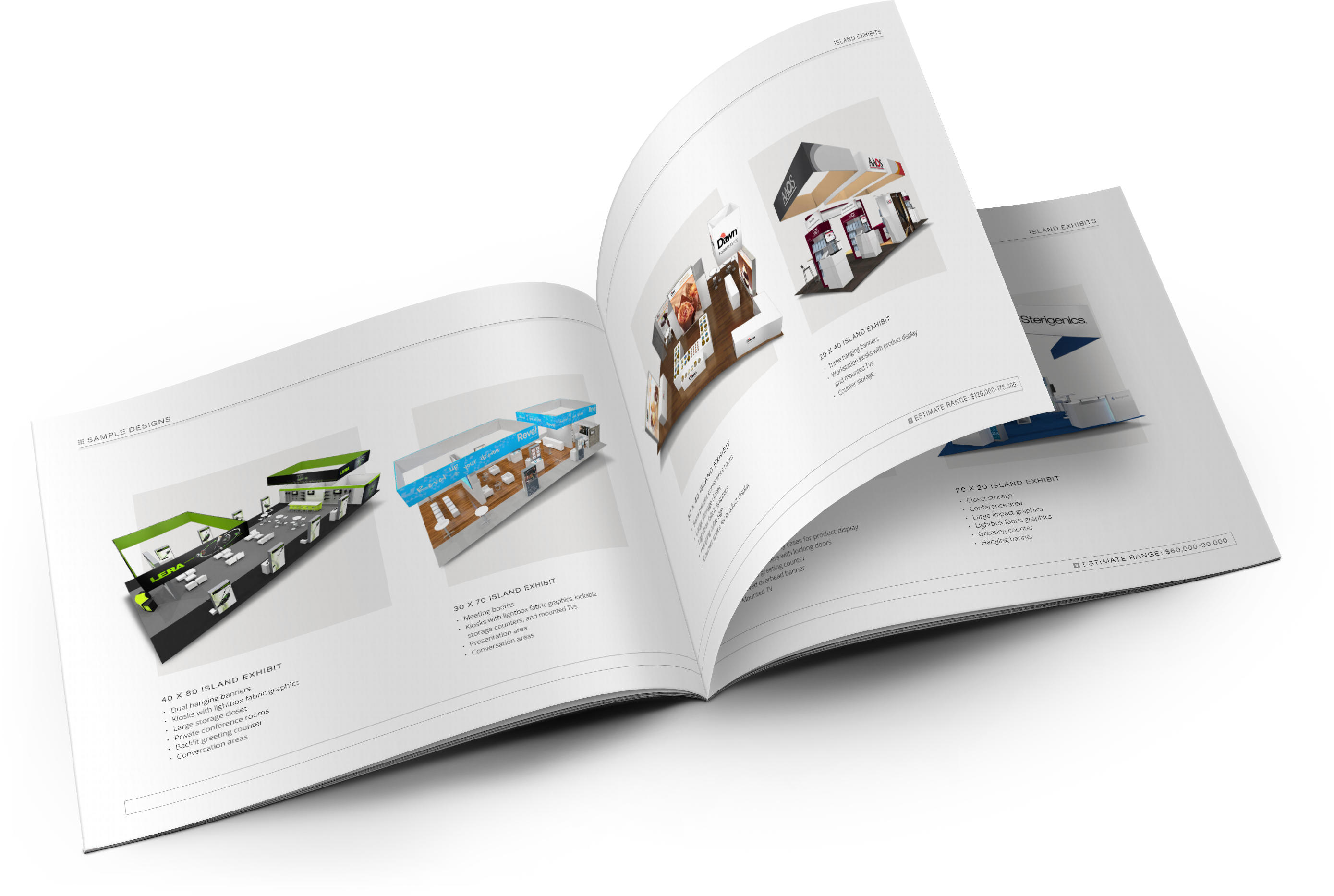More and more exhibitors are now calculating the Return on Investment, (R.O.I.) from their show participation. R.O.I. tells you whether you are achieving your goals and if you are adding to the bottom line of your corporate profits. However, as you are gathering the R.O.I information, it will be helpful to also look at two additional bits of factors: Your success ratio and your sales and buying cycles. Both are intertwined and will help you immensely.

Success Ratio
The success ratio addresses the conversion rate of leads to sales. Often exhibit managers feel a sense of frustration when they talk about R.O.I. because of the time it takes to realize a sale - it may take weeks, months even years. Yet, there is pressure to report the results from the exhibit program to senior management. The success ratio is a number based on previous trends that will help you create a report to senior management that will include a projection of potential profit even if you have not received confirmed orders.
Success ratio answers the question; if I gave your best sales person 10 highly qualified leads over the next 6 or 12 months, how many of them will be converted into firm orders? The number will vary from 1 of 10 to 10 of 10. It all depends on your product, service, industry, etc. If you can keep track of the leads you obtain at your exhibitions and monitor them carefully over a period of one or two years, a pattern will emerge. It is this pattern that creates your success ratio.
With your success ratio in hand you are now in a strong position to predict potential and realistic profits from your exhibit activities. For example if you collected 40 high value leads at a show and your success ratio is 25% (one in four will close in the next six to 12 months) and your average opening order is $10,000 then you can calculate your gross sales from the show at $100,000. If your gross profit margin is 40% then you can calculate a R.O.I. of $40,000 for this trade show. If your costs to participate were $20,000 then your R.O.I. in this case is 200%.
Sales (and buying) cycle
The sales cycle is the average amount of time it takes from the time you first introduce a solution to a prospect until you have a firm commitment. Some sales cycles are quick and immediate, others may take years. The sales cycle is a crucial bit of information as it allows you to create realistic expectations for your organization. If you attend a trade show with overly optimistic expectations that are not grounded in reality, you run the risk of frustrating your show and sales team and losing credibility for your exhibition program. Your sales cycle is determined by tracking leads to sales. In order to be valuable this needs to be looked at over a period of time (one or two years). During that time you will see a trend begin to develop.
There are a couple of applications for your sales cycle:
Creating a customer profile.
Prior to exhibiting you should have created a detailed customer profile which includes demographic and psychographic information. One additional bit of information is your sales cycle. Now when you choose shows and talk to prospects you will also be qualifying them according to your sales cycle.
Match to the prospect’s buying cycle.
Not everyone is prepared to make a decision within your sales cycle. Customers have individual pressures which will affect their decision making cycle. When you are qualifying a prospect at the booth, one of the questions to ask is “When are you thinking of adding this product?” Their answer will let you know if there is a match between your sales cycle and their buying cycle. With this distinction in mind you can develop two show strategies: one for those who fall into your sales cycle and another for those who don’t. Both may be valuable leads and worth a follow-up. Tracking your success ratio and sales cycle takes time but its well worth the effort.
This article was written by Barry Siskind





